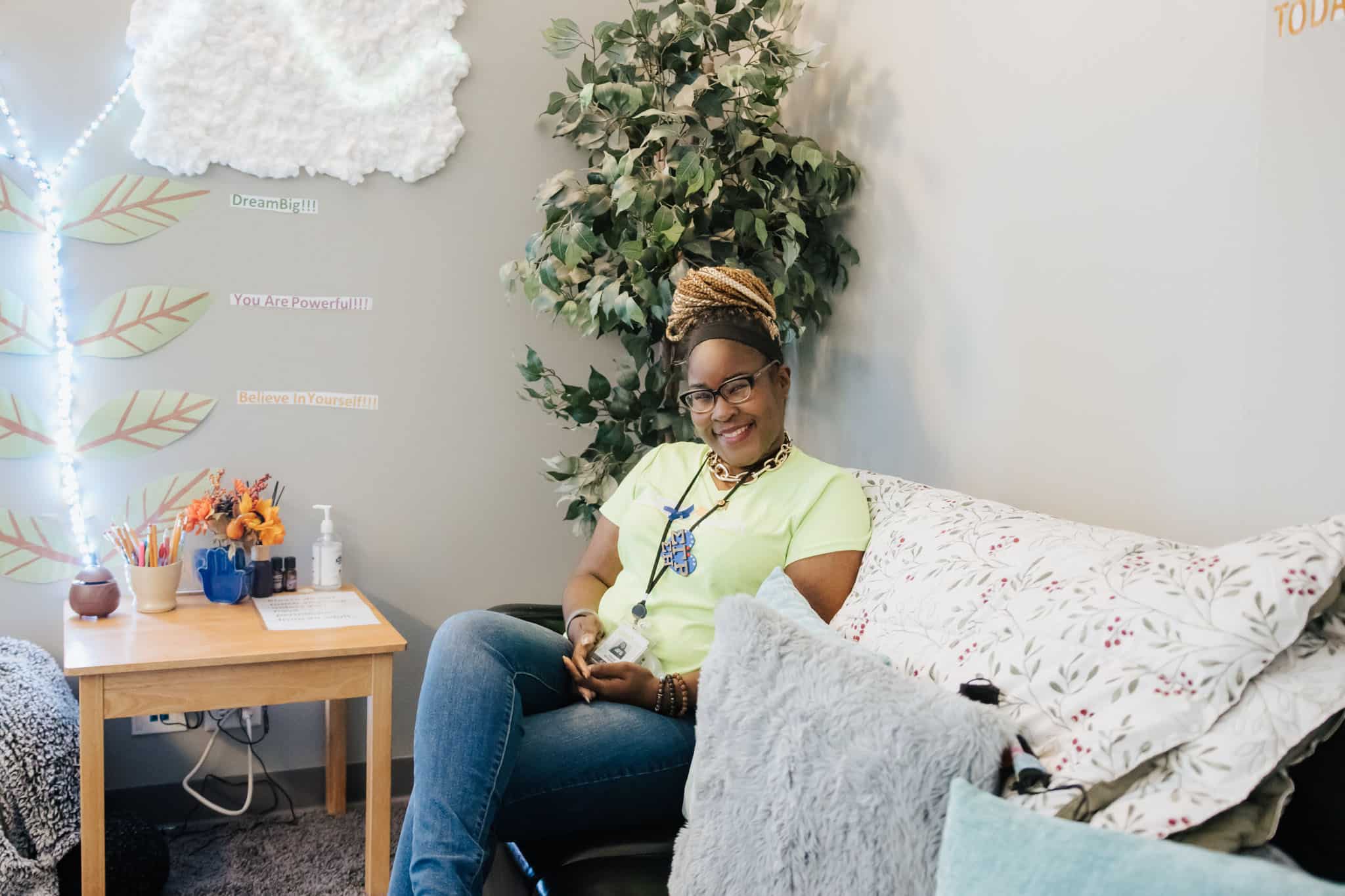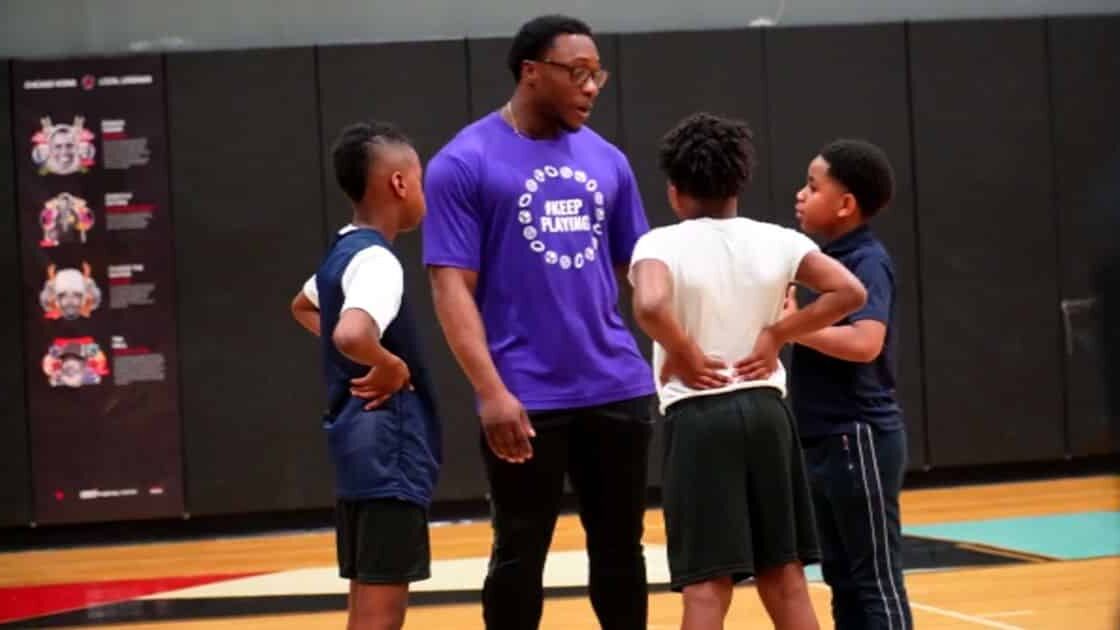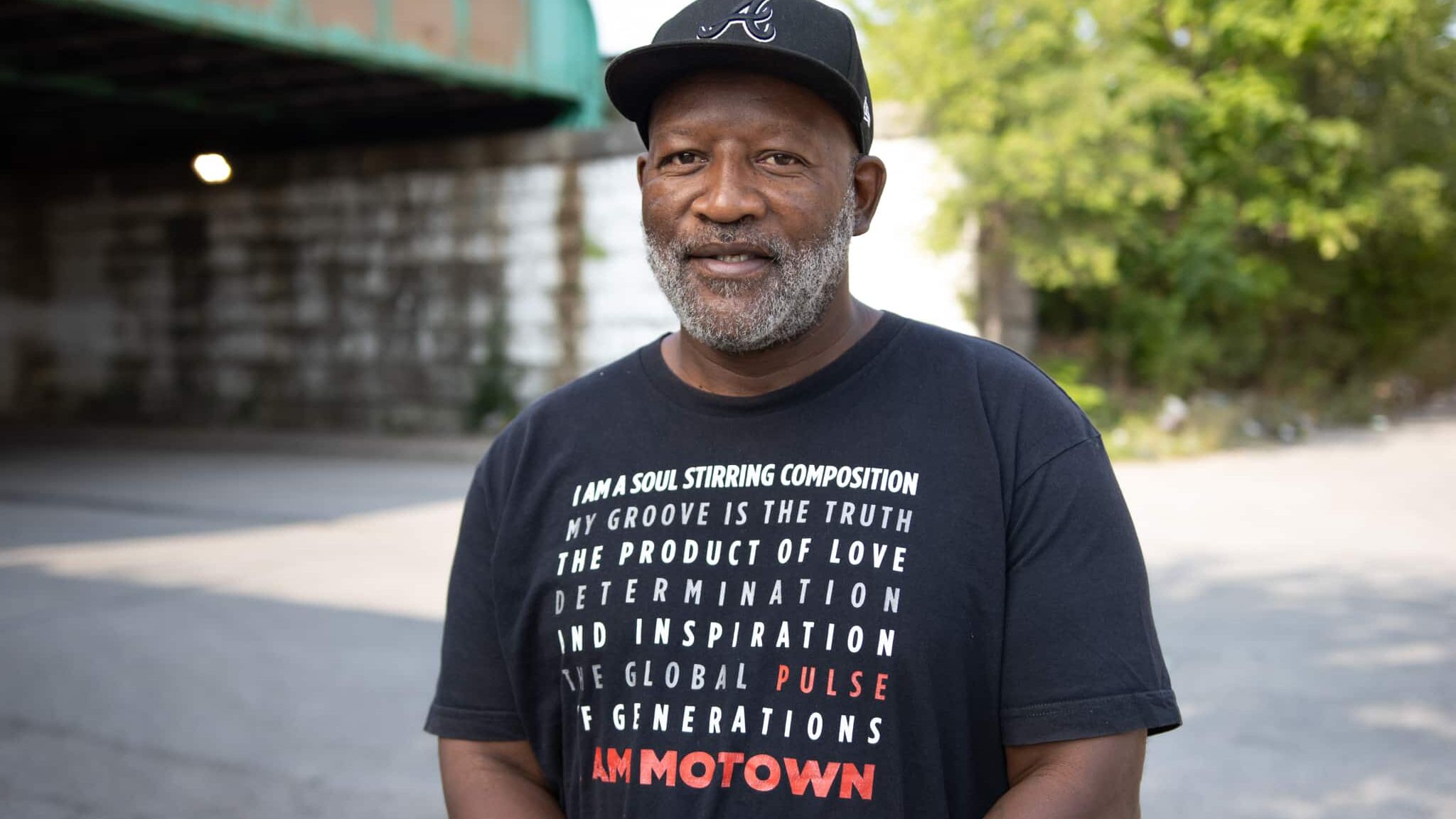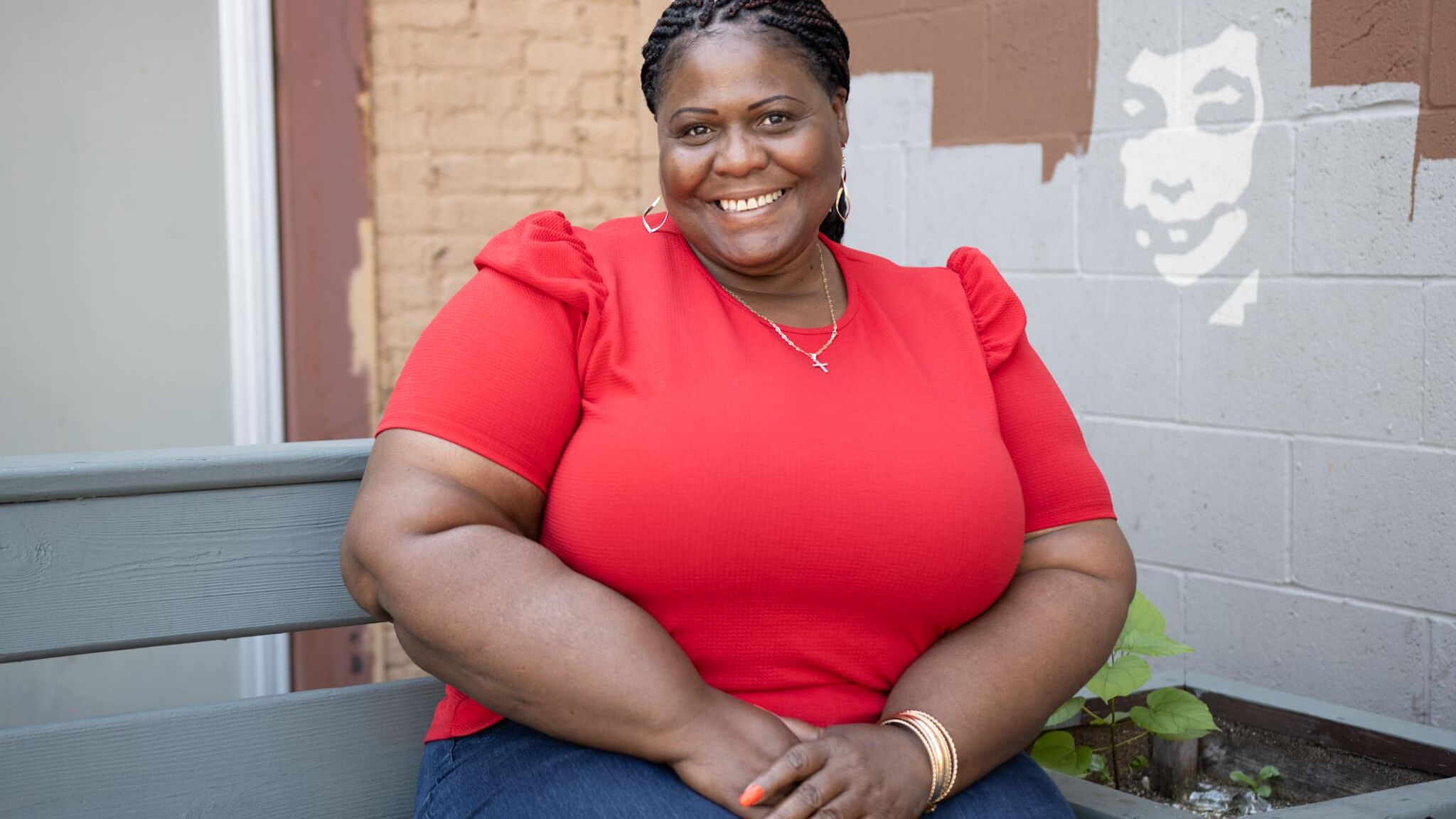For more than 20 years, the Breakthrough Youth Network (BYN) has offered academic enrichment and extracurricular opportunities to students in East Garfield Park. But, as programs became more integrated into the community and expanded to reach students ages two to 24, the need for a behavioral health component in order to holistically meet the needs of the community became apparent.
“There were additional barriers that youth and families were facing to access those programs, but, more specifically, to succeed in those programs,” said Marcie Curry, Chief Program Officer of the Breakthrough Youth Network.
Meeting students where they are
Last year, with the hiring of a youth behavioral health coordinator, Alece McFadden, the BYN began offering consistent behavioral health services to school-age youth. Alece obtained a master’s degree in social work with a concentration in clinical mental health from Loyola University Chicago and is experienced in working with adults and children.
With the support of interns, Alece provides therapy for students in the Nettie Bailey Student Achievement Program (NBSAP), grades kindergarten through eighth, in one-on-one and group sessions during the after-school hours. Additionally, she equips staff with tools, offers counseling services and resources to families, and ensures a continuity in students’ lives through partnerships with parents, teachers, and schools.

In her work with youth, Alece employs a strengths-based and trauma-informed approach, supports the development of social and emotional skills, and focuses on the topics most prevalent in each age group.
“It’s really about meeting the children where they are and growing with them,” Alece says. “Obviously, the children have the reins, but we’re just here to help guide them and steer them in the right direction.”
Students enrolled in the NBSAP – who are also provided with a healthy meal, homework assistance, one-on-one and group tutoring, literacy and math enrichment, and high school readiness information and workshops – have benefited from a more holistic approach to after-school education.
During the program’s inaugural year, 11 students participated in one-on-one sessions and 43 in group sessions. Since July of this year, 60 students have already received services.
Holistically addressing needs
Historically, behavioral health services have been offered in other BYN programs and in short-term capacities, as well as for participants across the Breakthrough network through the Behavioral Health program.
One catalyst for this program in particular, Marcie said, is the recognition of the impact of gun violence and trauma on residents in the community of all ages.
Another is the stigma around mental health and seeking counseling services. “A lot of people who really need it and deserve the care, aren’t receiving it,” she says, but she’s hopeful that Breakthrough’s reputation and friendly, welcoming environment can help to remove the stigma.
She also noted the impact of the COVID-19 pandemic and the social isolation students experienced during the last school year as reasons for the need for the program.
While concerns have increased about the mental and behavioral health of youth over the past two decades, 44 percent of Chicago children have experienced an increase in at least one mental or behavioral health symptom during the pandemic.
“There’s just a lot of layers to the traumas and hardships that people face, and I think that to be able to holistically meet the needs of the community, we had to enter into this space,” Marcie says.
It takes a village
The key to the program is collaboration. For each student to thrive and succeed, it’s important to have a network of support to rally around them in the highs and the lows.
Just having a counselor doesn’t make the difference, Marcie said.
“The research shows the more positive adults that a child has in their life that they can indicate that they would go to in a time of need is a type of social capital that leads to positive youth development,” she says.
To this end, Alece partners with and provides sessions for students’ parents and works closely with teachers at Breakthrough to develop plans that are more restorative for youth. While in the past teachers may have felt like they didn’t have the tools to address behavioral or social issues in the classroom, now there’s another person to consult to come up with a plan.
“That’s what Breakthrough values,” Alece says. “Each child has a whole village behind them.”
Author
-

Breakthrough partners with people to build connections, develop skills and open doors of opportunity.
Related Posts
March 22, 2024
Breakthrough Provides Girls Sports and Other Services for Families
Breakthrough provides a safe space for youth to grow, face their fears, and learn to help others. CBS Chicago highlighted our girls sports program and the other ways we partner with families in Garfield Park.
Sports & Fitness AcademyEducation & Youth DevelopmentMediaPress
February 26, 2024
History in the Making: Royce Gives Back to the Community
Royce and the other victim advocates come alongside victims and their families in the most difficult moments.
February 6, 2024
History in the Making: Barbara Shows God’s Love
Case Manager Barbara has walked alongside women experiencing homelessness for 16 years.




